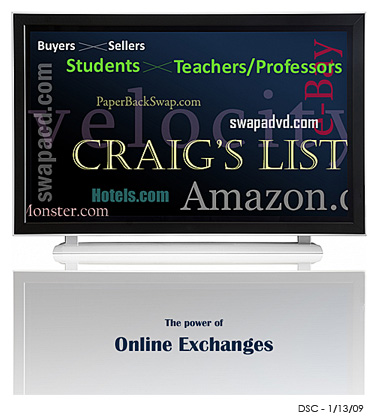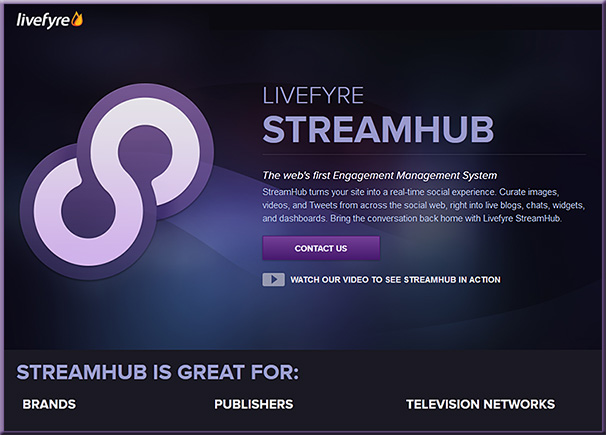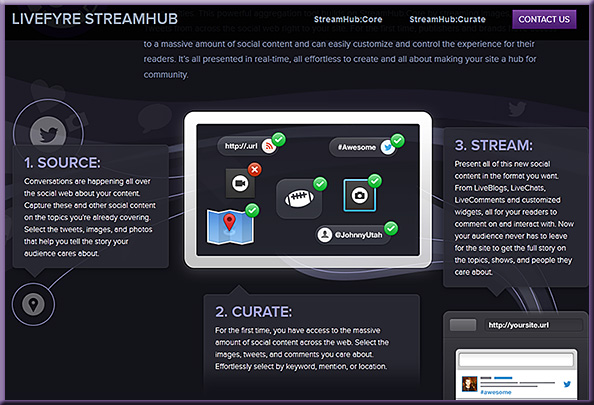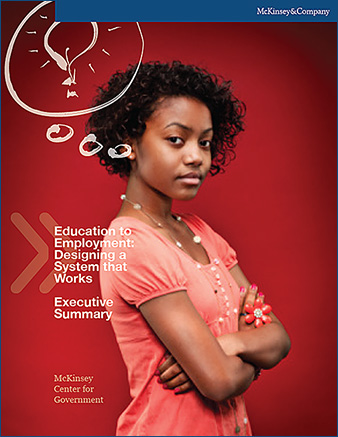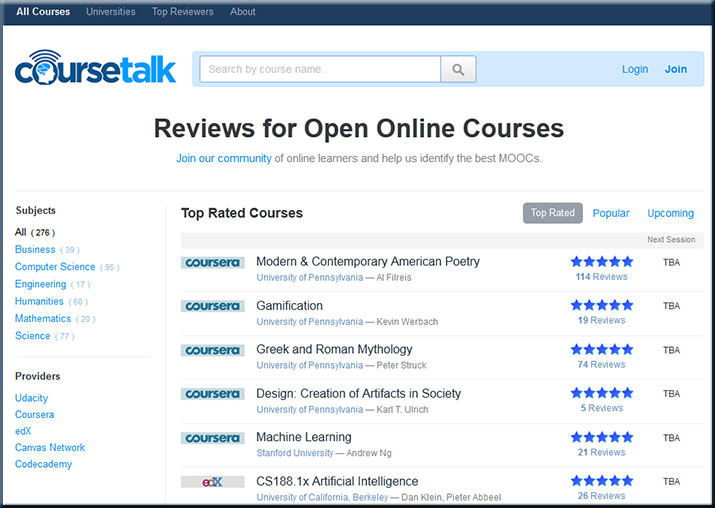MOOCs for credit — from insidehighered.com by Scott Jaschik
Excerpt:
Two announcements this week suggest that MOOCs — massive open online courses — will increasingly include a route for students to receive academic credit.
Georgia State University announced Tuesday that it will start to review MOOCs for credit much like it reviews courses students have taken at other institutions, or exams they have taken to demonstrate competency in certain areas.
And Academic Partnerships, a company that works with public universities to put their degree programs online, announced an effort in which the first course of these programs can become a MOOC, with full credit awarded to those who successfully complete the course. The educational idea is that this offering will encourage more students to start degree programs. The financial idea is that the tuition revenue gained by participating institutions when students move from the MOOC to the rest of the program (which will continue to charge tuition) will offset the additional costs of offering the first course free.
From DSC:
I think MOOCs still need some work, but they tap into a blend of formal/structured learning and informal/unstructured learning that is attractive to many — not to mention that MOOCs offer people more choice/more control, chances for contribution and participation, greater ownership of the learning, and much lower costs. As such, they continue to be a valuable experiment within higher education. They continue to usher in the era of what I call “The Walmart of Education”. They also provide students with a way to see if they are interested in a discipline without having to invest much $$ in the course(s).
Also see:
- Free online college courses take big step forward — from forbes.com by Susan Adams
Excerpt:
Free online college classes known as “massive open online courses,” or MOOCs, have made another big stride toward changing the model for higher education. Dozens of public universities are planning to offer introductory MOOCs for credit to anyone with an internet connection around the world, according to a piece today in The New York Times. The universities, including Arizona State, the University of Cincinnati and the University of Arkansas system, are hoping that students who pass the free MOOCs will then enroll in the schools and pay tuition to earn a degree.










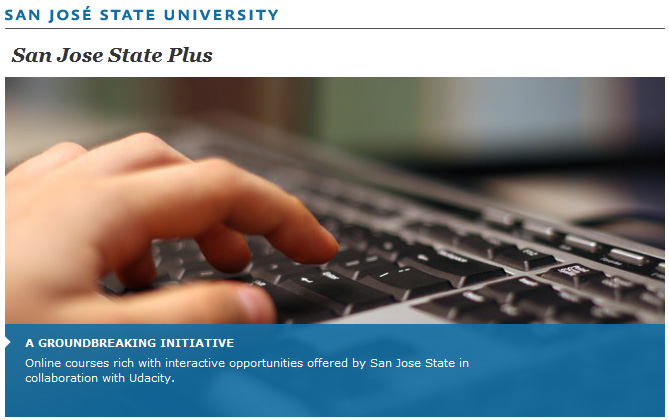
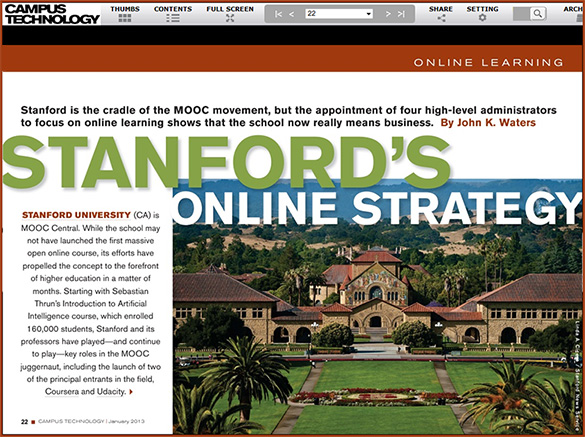
![The Living [Class] Room -- by Daniel Christian -- July 2012 -- a second device used in conjunction with a Smart/Connected TV](http://danielschristian.com/learning-ecosystems/wp-content/uploads/2012/07/The-Living-Class-Room-Daniel-S-Christian-July-2012.jpg)



